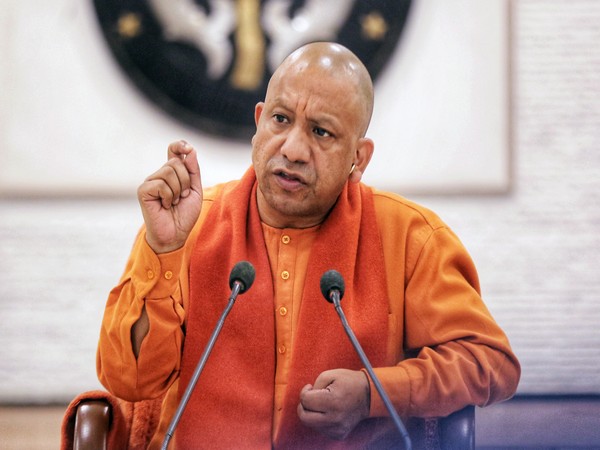Lucknow (Uttar Pradesh): Under the leadership of Uttar Pradesh Chief Minister Yogi Adityanath, the Uttar Pradesh Agriculture Department is actively running multiple incentive and grant programs for farmers. For the Rabi crop season, the Yogi government plans to distribute over 92,000 mini kits to enhance farmers’ prosperity.
In addition, to acquaint farmers with modern cultivation techniques, the department will organise 8,385 Kisan Pathshalas across the state. It is noteworthy that during the Rabi season, the area under pulse crops and their production is higher compared to the Kharif season. Furthermore, a lower incidence of pests and diseases in Rabi increases the potential for higher pulse productivity.
To enhance the production of pulse crops during Rabi, the Uttar Pradesh Agriculture Department is running various incentive-based programmes. Specifically, the Yogi government is promoting new varieties through free distribution of pulse mini kits, acre demonstrations, and Kisan Pathshalas. Farmers will also receive a grant of Rs 4,000 per acre and gain exposure to modern production technologies through these programmes.
For this Rabi season, the targets include the distribution of 92,518 mini kits, 8,385 block demonstrations, and 8,385 Kisan Pathshalas. Under the National Food Security and Poshan Mission, grants of Rs 5,000 per quintal are provided for pulse seeds less than 10 years old, and Rs 2,500 per quintal for seeds over 10 years old. Additionally, Rs 9,000 per hectare is allotted for cluster demonstrations and Rs 15,000 per hectare for crop method demonstrations. Seed subsidies are provided as outsourced grants, while demonstration grants are directly transferred to the accounts of selected farmers through DBT (Direct Benefit Transfer).
Surya Pratap Shahi, Minister of Agriculture, Uttar Pradesh, said, “The state government recognises farmers as the backbone of the nation and is constantly working for their welfare. During the Rabi season, farmers are being encouraged to increase production. Recently, a state-level Rabi seminar was conducted, during which thousands of farmers learned modern agricultural techniques. Farmers are advised to treat seeds with bio-chemicals and crop protection chemicals before sowing to prevent seed-borne and soil-borne diseases. Using rhizobium culture for seed treatment can stabilise 20-25 kg of nitrogen in the soil, reducing input costs for future crops and enhancing productivity.” (ANI)














